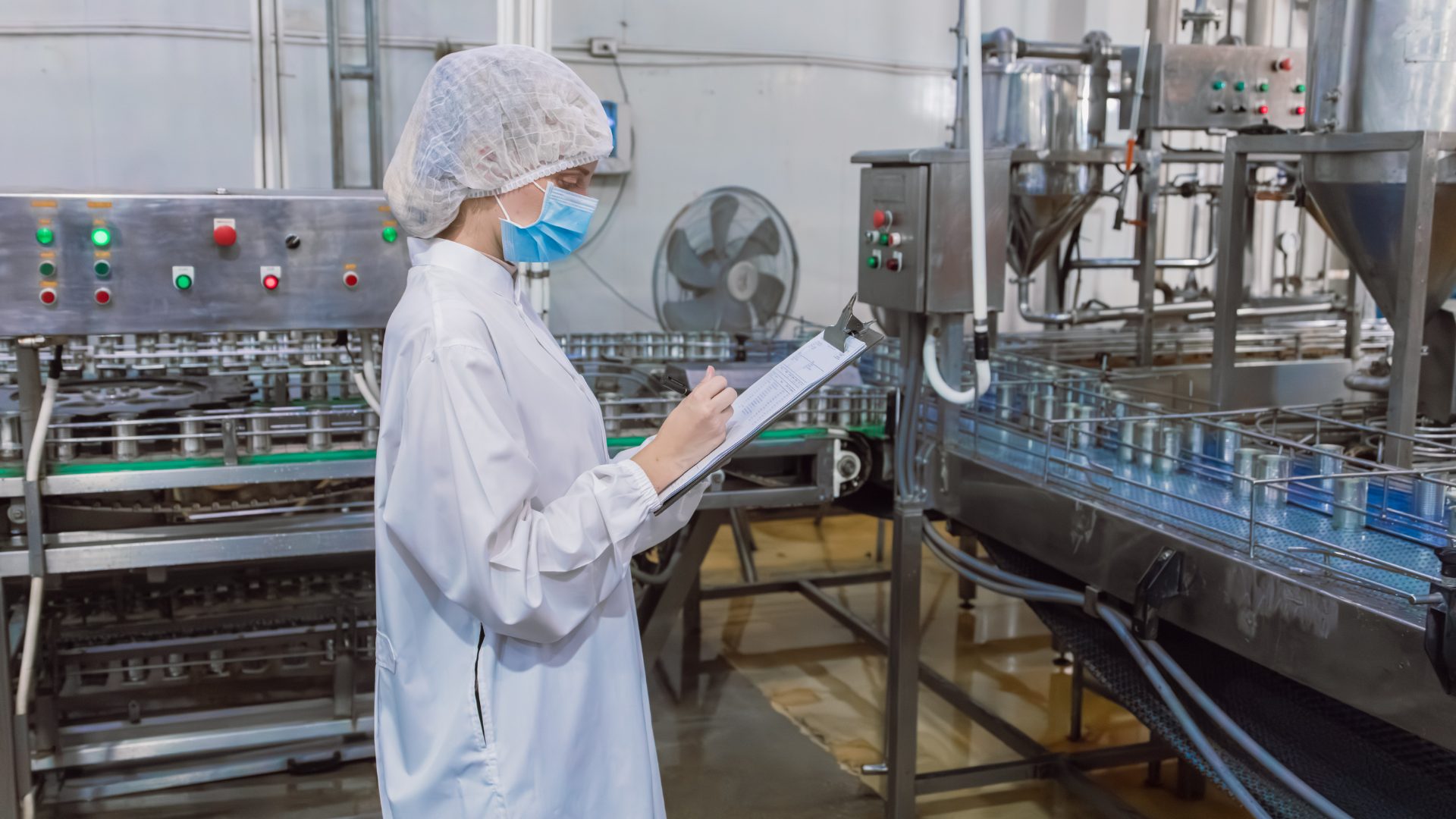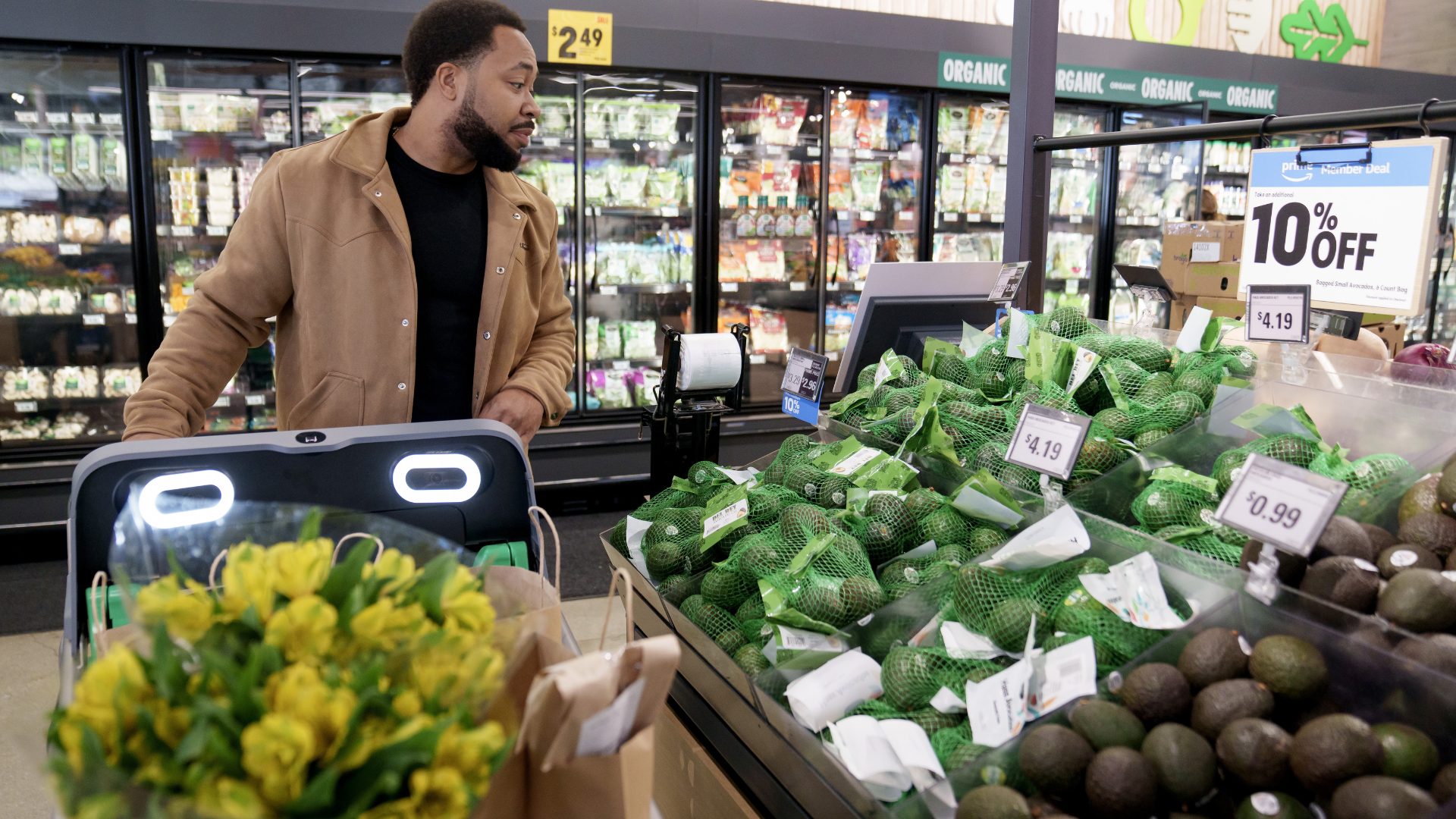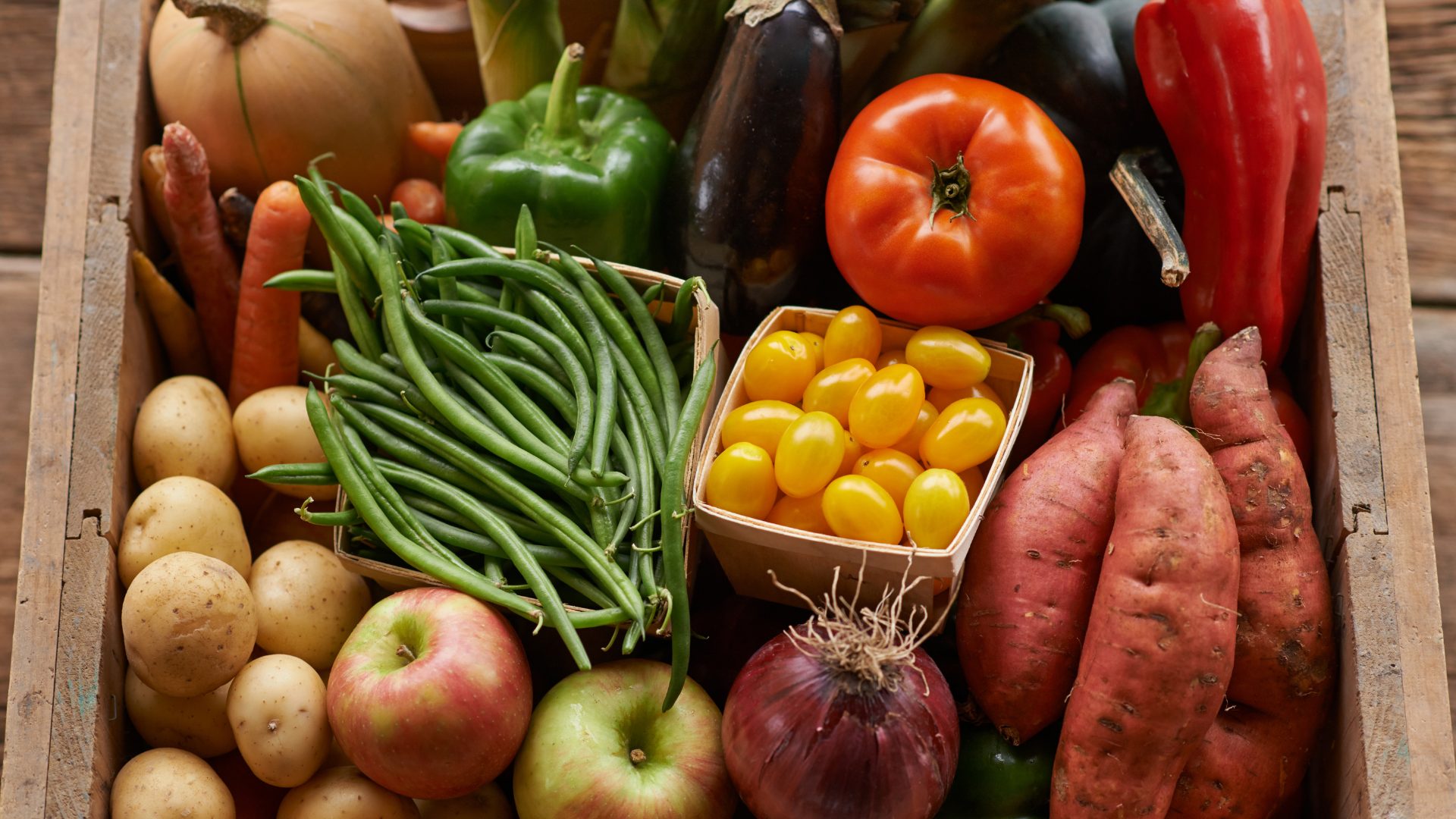CHICAGO – As one of the roughly 15,000 attendees gathered earlier this week for IFT FIRST 2025, the future of food development was clear: Artificial intelligence is changing the food & beverage industry. This is not just another tech trend; AI represents a major change in how the industry handles everything from product formulation to consumer insights.
At the center of this shift is the Institute of Food Technologists’ announcement of CoDeveloper, its first entry into AI-driven product development. At first, this may seem like a big change for the 86-year-old organization. However, IFT has long focused on research and education, and the development of its new AI platform is structured in a way to make IFT’s decades of research more easily accessible to the industry.
“IFT’s mission is to promote and advance the science of food and its application. CoDeveloper represents this mission in action – an application that’s designed to promote and advance the science of food within the R&D process,” said Jay Gilbert, IFT’s director of scientific programming.
CoDeveloper’s AI assistant, called “Sous,” uses IFT’s extensive database of peer-reviewed research. It helps formulators create products, optimize for specific nutritional claims, and solve formulation challenges. Early beta users have reported that development cycle timelines have significantly dropped enabling more innovation to work its way through the R&D pipeline.
The newest AI platform’s launch comes at a time when the industry is acknowledging that old R&D timelines no longer fit current market demands.
Rising ingredient costs, changing consumer preferences, and stricter regulations have pressured companies to speed up product development.
These changing needs were clear this week in Chicago, especially at Tastewise’s booth. Food executives from major CPG companies lined up to see demonstrations of the company’s trend-prediction tools. The AI platform examines what Tastewise calls “trillions of food signals” from social media, restaurant menus, online reviews, and recipe databases to uncover new consumer preferences in real time.
“We’re seeing demands for insights that once took market research teams months to gather,” Daniela Mena, a Tastewise representative said, highlighting interest in the platform’s ability to predict local flavor trends and functional ingredient usage. Demonstrations illustrated how AI could spot the rise of adaptogenic drinks and fusion flavors months before they became popular.
To support these innovation tools, data scientists from NielsenIQ shared research showing that consumer insights powered by AI are becoming crucial for reducing risks in new product launches. Their newest analytics combine traditional buying habits with social sentiment analysis and identification of new trends.
“The question isn’t whether AI will change food innovation,” said Michael Hughes, associate director, partner network at NielsenIQ. “It’s: How will these innovators use AI to stay competitive?”
Industry watchers believe this shift in technology is not just about efficiency. The mix of AI-driven formulation tools, predictive trend analysis, and deeper consumer insights could open doors for smaller firms to rival the R&D resources of large corporations.
Nonetheless, challenges persist.
Concerns about data privacy, the need for special training, and how to connect with existing systems were repeatedly mentioned as hurdles to adoption. Several attendees expressed doubts about becoming too reliant on algorithms in an industry where sensory experience remains crucial.
Nevertheless, AI’s role in food development has transitioned from being experimental to essential. Early adopters are already enjoying competitive advantages in speed, precision, and relevance in the market.
About the author: Anne Palermo is a food-tech entrepreneur and CEO of Akarso Bio. With a background spanning finance, biotech, and CPG, she brings a systems-level view to solving health and sustainability challenges through food innovation. You can find her musings at www.AnnePalermo.com.
The Food Institute Podcast
Several economic headwinds indicate the consumer is being financially stretched, but we all need to eat – so what are consumers actually buying at the grocery store? Nik Modi of RBC returns to The Food Institute Podcast to discuss channel differentiation, consumer product selection, and other macro trends.











